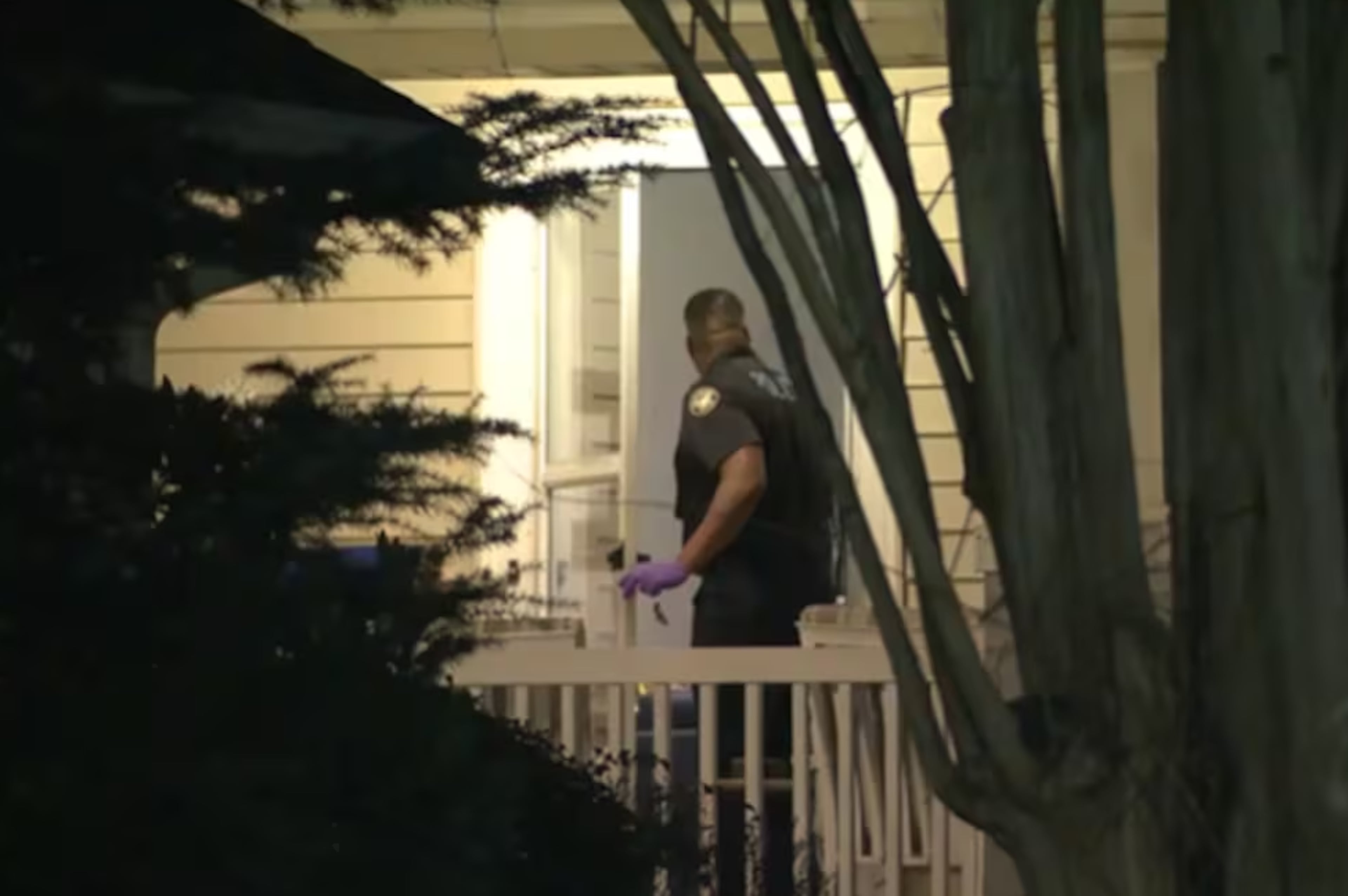Bill Torpy at Large: All murders matter. The spotlight’s just brighter on this one.

All murders are terrible. Some may cause hardly a ripple beyond the immediate family or friends of the victim. But some draw outrage, profuse public mourning and calls for something to be done.
Barney Simms’ killing was the latter kind of murder.
Simms was professorial, always impeccably dressed and somehow able to pull off his trademark walrus mustache. He mingled just as easily with mayors and congressmen as he did the poor.
The 70-year-old was found shot to death Saturday afternoon outside his southwest Atlanta home. The door of his home was open, his Lexus stolen and found nearby the next day. That an upstanding citizen like this — a serial do-gooder — could be so brazenly shot down in broad daylight in his manicured garden says something is bad wrong about society.
Currently, the crime remains a mystery, with Atlanta police searching for a man Simms met at a local Waffle House a couple hours before the killing.
Was it a robbery? A random act of opportunity? Was it someone he knew?
Simms seemed to have known everyone, been everywhere, volunteered for everything. Those who know him gush and smile when remembering him. He toiled to improve the human condition, to make others rise above their surroundings, which makes his killing seem more outrageous than most of the other two dozen homicides committed in Atlanta so far this year. I’m not saying it’s fair. It just is.
What catapulted this one into the cruel irony category is that Simms was the board chairman of Atlanta Victim Assistance, an org founded by a woman whose son died in a stupid and senseless argument.
That Simms came in to lead was routine: Fulton County DFCS advisory board (chairman), Andrew and Walter Young Family YMCA board (co-chair); Atlanta Metropolitan State College (chairman), Neighborhood Planning Unit-R (chairman), president of the the Atlanta Planning Advisory Board (president), Atlanta License and Review Board (chairman), the Atlanta Beltline’s original steering committee (co-chair), Bonnybrook neighborhood association (president). And so on.
He was the father of two and heavily involved in Antioch Baptist Church.
Simms was plugged in socially and politically. At the helm of the city’s liquor board, he was involved in very cantankerous proceedings to close some nightclubs in the early 200os, most notably, the gay-club Backstreet. It was a move that helped open up that area of Midtown to high-end development and curbed street crime. He was accused of doing the city’s bidding, although he’d note he was simply going by the book.
After putting a stake in Backstreet’s heart, he was called to the Atlanta Housing Authority to help orchestrate the break-up of the city’s projects, an emotional and controversial undertaking.
“He had quite a juggling act on his hands,” said community activist Joe Beasley, a friend and churchmate who bitterly disagreed with Simms on this one. Beasley said Simms was brought into the job “because he didn’t rub people the wrong way. He got along with people in all aspects of life. That’s an art.”
It’s an art for which he was well compensated — $236,385 a year before leaving office.
Remember, the urbane Simms might have been a giver, but he was no dummy.
But he never did forget the little things.
Neighbor Elfert Jackson said Simms was the first one to greet him after moving in, as did Rebecca Walker. Next door to her is Donald Richardson. Simms gave the eulogy for Richardson’s wife, Mahalia. Simms planted flowers for neighbors, got dumpsters for community cleanups, organized block parties. The lawns are all cut, the streets are litter free, the homes are well-tended. I found two instances where residents stopped break-ins from happening to their neighbors.
This is a neighborhood with pride in appearance. More so, it’s a community. Residents afford him a lot of credit.
Simms’ good heart sometimes worried neighbors. Walker said she’d pass his home and sometimes see sketchy guys helping with yard work. “I wouldn’t have done it,” she said. “But he was trying to help people who were down.”
He was burglarized at least a couple times.
Upon volunteering for Atlanta Victim Assistance, Simms bore in on the founder, Brenda Muhammad, to understand what it feels to be a victim. Her son was shot to death in an argument over a coat in 1989. The other teen, who also was black, was acquitted. She organized and has lobbied to make prosecutions tougher and to uplift victims.
Twenty five years ago, after Muhammad founded her first organization, my old colleague Cynthia Tucker wrote that the grieving mother “bravely stepped forward to provide courageous leadership on an issue African-American leaders have too long ignored: the war at home.”
The rate of killing has abated since but a frustrated Muhammad told me, “they talk about crime being down but it feels more heinous.
“We’ve been talking about it for too long. We just keep talking about it.”


